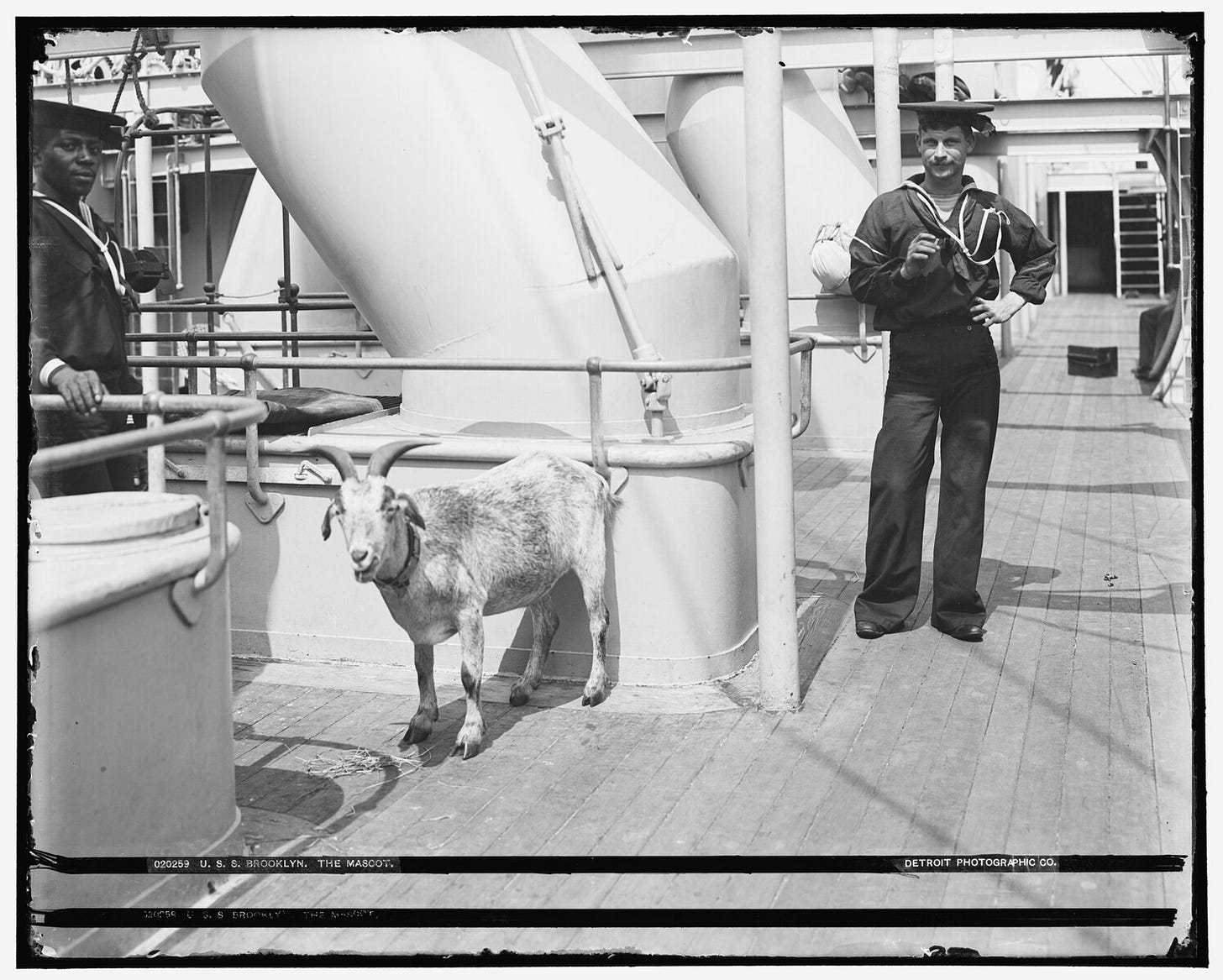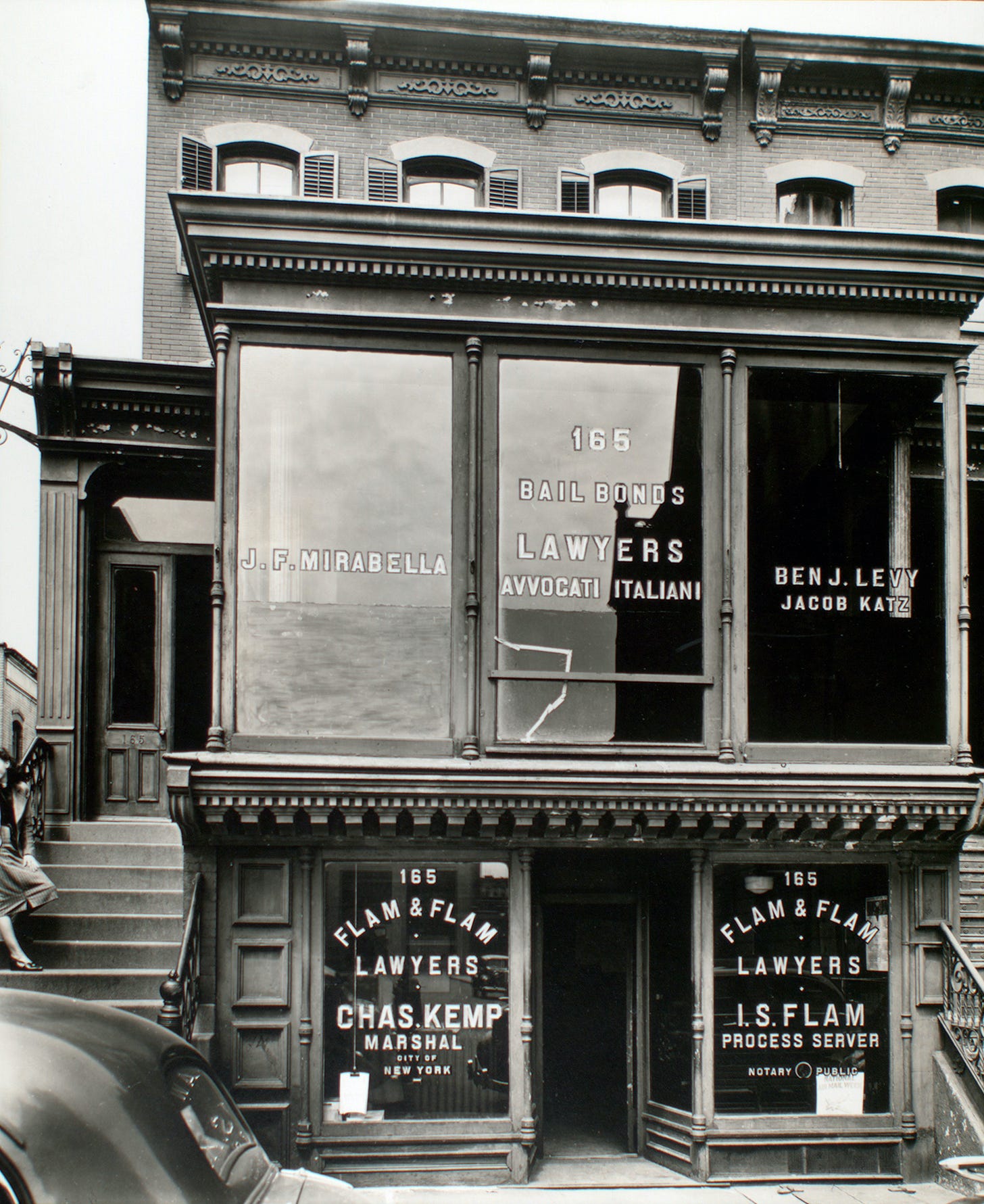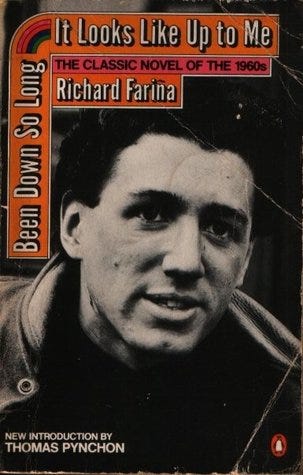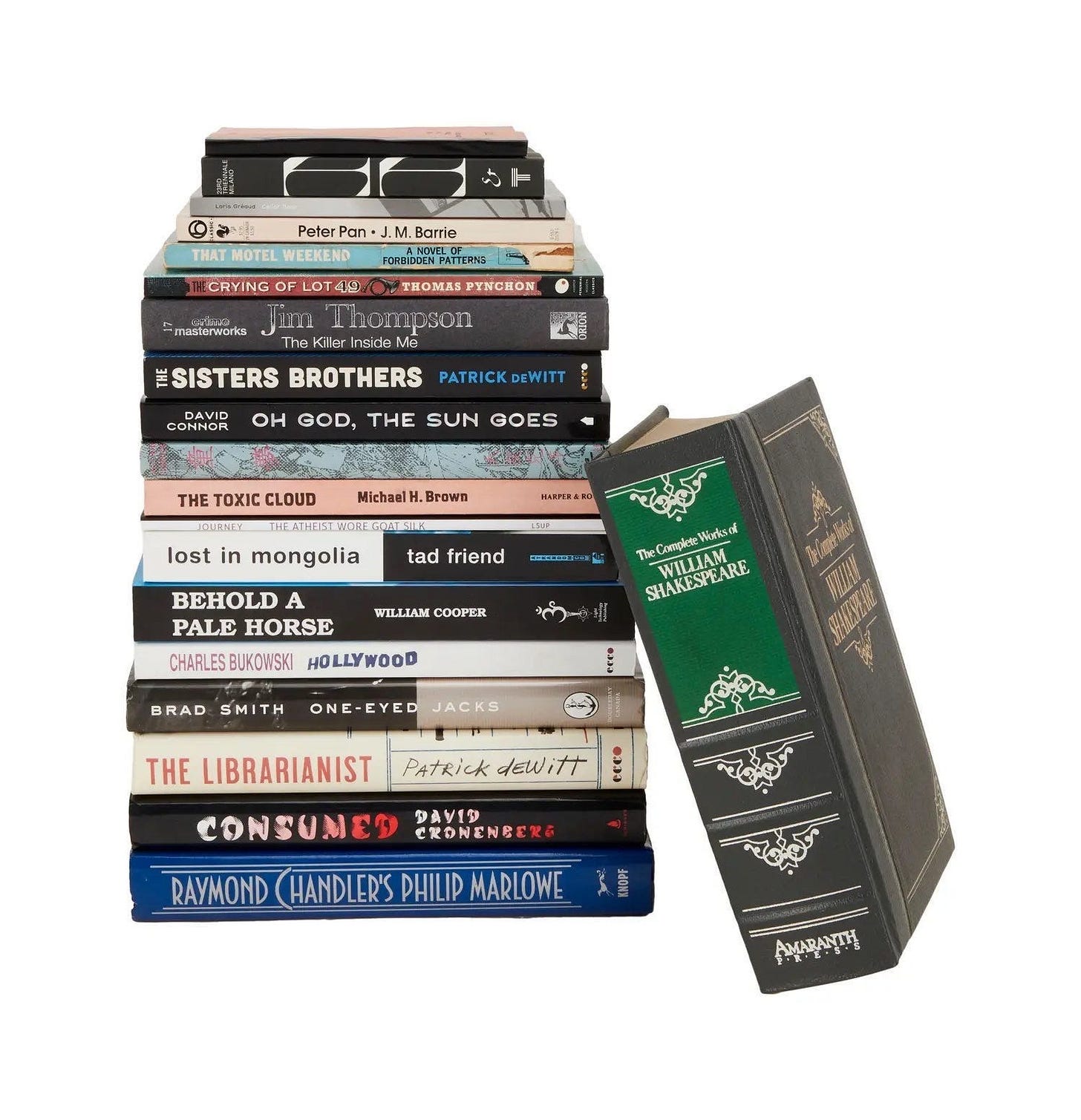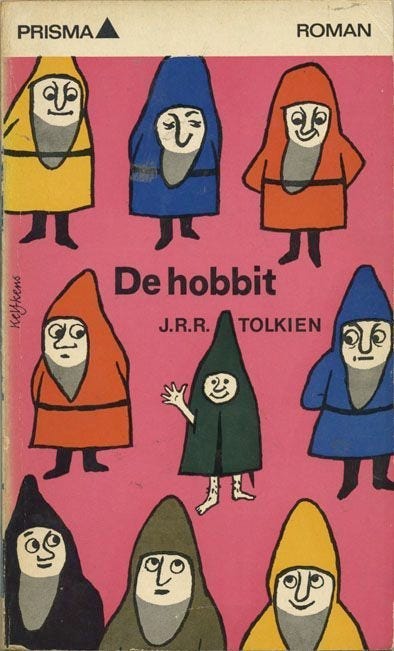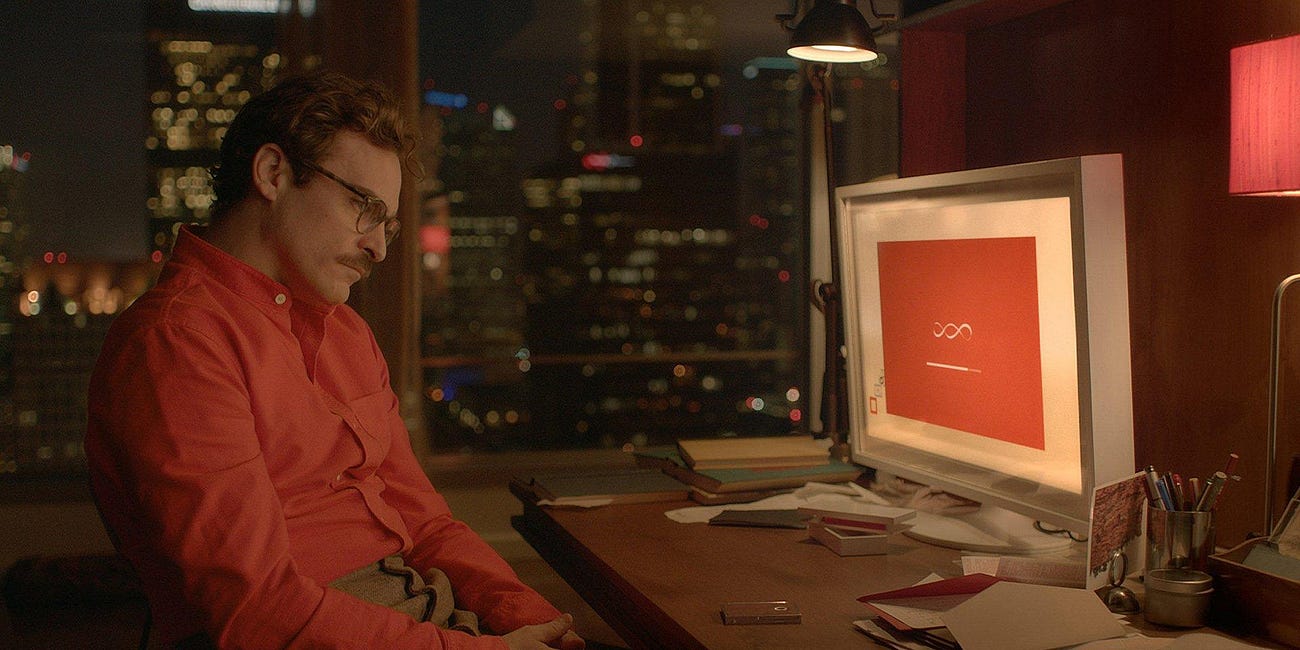There’s already starting to be a long enough delta between when I wrote these dailies and when I’m sending out the digest of them that they are about as surprising to me as they are to you.
This edition talks a bit more about travel and covers, but also cancel culture and where to find Pynchon adjacent lit.
To catch up on previous Pynchon dailies, start here:
New Pynchon Novel! Part 8
I paused posting these Pynchon Dailies digests for a couple of weeks when I was posting a movie and a FilmStack Challenge. There are 10 total parts to this digest series, at which point I ran out of dailies to post. There may still be more that come up before

Day 50 of new Pynchon novel, the “Baedeker world” I mentioned yesterday was described in V.
... there remains a grand joke on all visitors to Baedeker's world: the permanent residents are actually humans in disguise.
~~Thomas Pynchon, V., p.78
Today we could switch "Baedeker's world" as "Instagrammers' travel posts."
That said, I inherited a lot of that “travel like the locals” guff from my sister and mother, the tourist’s paranoia of getting caught in the embarrassing position of looking at a map, and as I’m getting older I’m starting to reject the other side as well. The “humans in disguise” are quite often living in their beautiful, historic, often seaside locations spending their days doing things like going to the office or cleaning their house. You don’t want to spend a day in Paris with a Parisian, they’ll take you grocery shopping; and they don't live in Montmartre, they live in Cergy.
Baedeker world is fine, it’s not the worst place to be. At heart I feel most tourists come to a place with genuine curiosity about different cultures with different stories. They just can’t help bringing some of themselves with them and leaving it behind, so the problem of over-tourism is the flattening of culture: “Starbucks on every corner” &c against a minstrelized backdrop of “authentic experience.”
But listen, let’s have some appreciation for the much frowned-upon minstrel show: it’s court theatre. You’re there to hear a story, why do you complain that the performers don’t actually dress like their characters after they clock off at night?
I thought about this a lot while in Boston relearning my embedded American mythos next to my wife, who did not know who Paul Revere was or heard of the Battle of Bunker Hill, nor even the phrase “…until you see the whites of their eyes!”; and I had been thinking about it when we were in Costa Rica earlier this year, travelling exclusively with tour guided companies who nevertheless pointed out the endless rows of palm oil trees and discussed the political and economic conflicts behind them and drew attention to the apparently largely Nicaraguan worker base that risk their lives sawing the fruits down. It’s like watching news or movies or reading a book set in the time and place or whatever: no shit tourism’s “not real,” but it’s a narrative, there are some facts and many interpretations, it’s on you to do your own critical thinking.
Anyway I’m under the impression that despite Pynchon’s jokes, he collected Baedeker guide books and used them as research materials to help describe the places he wrote about but didn’t visit himself. Apparently there’s a subculture dedicated to collecting Baedeker, which I guess had arguably deeper dives than anything you'd find these days from the likes of Lonely Planet, Fodors, or Rick Steves.
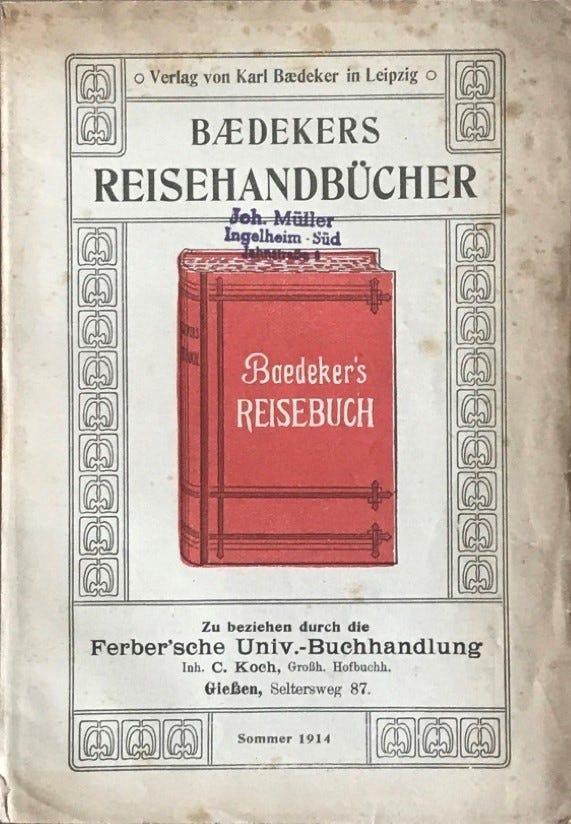
Day 51 of new Pynchon novel, sometimes I think not enough is made about his time in the Navy.
I’m under the impression he wasn't in long, and didn't do much, but if there is one major effect being a sailor had in him, it’s his general sailor humor.
In fact my second read of Gravity’s Rainbow, the one I didn't finish because I gave it to a friend, I realized one way his voice could be described as listening to a drunken old sailor at the end of a bar wind off on some of his favorite yarns he may have told so many times they’d begin to get pushed a little past the point of exaggeration. “Yeah yeah yeah, that time you were on leave in London. What’s that? A giant adenoid? You’ve gone daft, old man.”
Pynchon the Sailor Man is most apparent in V., which is like a college graduate written novel about being let out of college and feeling directionless, but in this case the Navy. It has an interesting spiritual connection to F. Scott Fitzgerald’s long short story May Day, if you’ve ever read it.
Day 52 of new Pynchon novel, how has he never been cancelled?
We’re talking from either end of the censorial spectrum. Graphic sex, language, antireligious themes, anticapitalist themes to offend the American right. Abused women, ribald racial tension sequences, filthy sailor lewdness to offend the American left. A personal history of sleeping with his friends’ wives. He could’ve gotten himself fingered for moral outrage at some point.
I guess it’s just a mix of obscurity and density. To censor a thing, someone needs to read it and get offended (only one; the movement to censor a thing rarely involves the advocates actually reading it, they just need to hear from someone who found the offensive text, whether a passage or more). Good luck, I guess, with that, when the book is famously difficult to parse.
Interestingly enough I once read an article by a progressive woman who said Pynchon is a model for how a white, male writer can contend with colonialist history. She pointed to V.’s descriptions of the Herrero genocide to show how white writers can be honest about such events from their perspective, and not try to appropriate the story by trying to write from the Herrero perspective and thus indulging in heroic victim narratives.
All of the last paragraph if I recall / understood correctly, because I did read it only once, almost a decade ago, and have no hope of finding it now. One warning about your think pieces: they disappear quickly. Whereas print books have a tendency to stick around.

Day 53 of new Pynchon novel, talking about cancellation, I think there’s a variety of ways literature gets away with stuff that would be a bit much in movies, and in Pynchon’s case the movie could particularly come across as being pornographic, but also there’s situations like:
the Paola Maijstral / Ruby situation in V.
If someone else adapted V. and didn’t feature the Paola Maijstral / Ruby subplot, I’d be disappointed in their cowardice. But on the other hand, if I adapted it, I’d have a really hard time doing it myself.
See, the thing is, Paola Maijstral, a Maltese woman in love with Benny Profane, puts on blackface to become a hooker in Harlem named Ruby.
It’s not just the blackface but a white woman connecting prostitution to a black body that’s likely to drive audiences hot piping mad.
But it’s all in accordance to V.’s general theme about identity and (largely female) desire. The book similarly goes off plastic surgeon Dr. Schoenmaker’s quipy musings about how Jewish women getting nosejobs are an intergenerational guarantee of demand for his line of work, Rachel riding a gearshift, and V herself as object of desire literally objectified into a cyborg loss of her own humanity.
But I think actually finding the actors willing to deal with blackface prostitution and producers willing to greenlight it would be very, very difficult these days, regardless of heady thinky “desire and identity” justifications.
Day 54 of new Pynchon novel, if you really want moar, you can always read William Gaddis and Richard Fariña (sadly only his one book).
Somehow I found The Journal of Albion Moonlight by Kenneth Patchen in connection with Pynchon. Looking it up again it may have just been a reddit thread, “What else do you read if you like…”. I don't recall there being an actual connection between the world.
But The Journal of Albion Moonlight is highly recommended. Dour, dark, graphic, and disturbing. Sheer nightmare id. It starts with a dead angel being raped and gets worse from there. Read if you’re willing to lose sleep for a few days.
There are some other midcentury postmodernists Pynchon gets grouped with of varying qualities. Personally I don’t care much for William Gass, and I respect but did not really hit with Donald Barthelme. I think I need a revisit, I found his work through McSweeneys.
Then there are the inheritors, so to speak, the David Foster Wallaces and Neal Stephensons and Mark Z Danielewskis. I enjoy all of them but I feel the closest in headiness rather than pomp is David Mitchell, actually. I’d say each David Mitchell book is like one section of Pynchon’s four section books. Compress four David Mitchell books into one and add more jokes, and you got yourself a new Pynchon book.
Day 55 of new Pynchon novel, look at this, Pablo Andreu launched his new (second) publication Queryous with a write-up about the Pynchon dailies!:
When Shadow Ticket drops, I won’t be swayed by ratings or where the book ranks within the author’s oeuvre. Instead, I’ll pay attention to people like Dane, who don’t take shortcuts and don’t hide behind tidy numbers, and who aren’t afraid to show great, big, unabashed enthusiasm. Too many cool-kid critics out there.
Ultimately, I’ll have to decide what Pynchon’s writing means to me, but however I feel, I won’t be assigning a number. I’d much rather talk to Dane.
Which all feels great except now it probably guarantees that Shadow Ticket will suck. Nothing better than selling people on unabashed enthusiasm to raise the chances of the work disappointing.
But less ironically, I wholeheartedly endorse Pablo’s message about the rankification of art (“rank,” after all, means the food has gone bad). I stopped writing reviews and assigning ratings about fifteen or more years ago, when I found myself stretching for ways to say witty or unique things about movies or books I really didn’t have anything good or bad to say about.
On my Substack proper, I have Movie Recommendations, which happen only as often as I finish a movie and absolutely loved it and want everyone to watch it. Actually I post them less often than that — they happen everytime I'm really excited by a movie AND have the time to write out a few paragraphs telling people about it.
I also avoid saying negative things about movies I dislike online for three reasons: 1) I work in the industry and don’t want to make enemies; 2) almost all movies I watch are independent, foreign, or original concept studio films, which have enough trouble existing I’d rather not criticize them even if the effort didn’t pay off; 3) hate posting about a thing tends to devolve into showcases of wit, which then influence people to participate in the thing. The truly worst thing you can do to a work of art is ignore it.
Day 56 of new Pynchon novel, David Lynch's estate auction has been going around Notes, and I couldn't help but notice The Crying of Lot 49 in one of its lots of books.
It looks like the same edition I have. That’s neat.
You know, I normally don’t respond much to celebrity deaths. So many people close to me in my own life have died that it doesn’t feel like a stranger affects me as much. But David Bowie’s death back in 2016 affected me very much, which surprised me. Thinking it through, I realized that it was because I assumed I’d continue to get good music from him for another decade or so. His death left a hole because I sincerely expected more art in the world that would never be fulfilled.
Lynch’s death was similar, except I was more prepared for it. There had been too many retrospectives, too much made about his biography / memoir Room to Dream. I realized about a year before he died that people were expecting it.
On the other hand, I did hope for one more from him. Purportedly he was working on a movie called Unrecorded Night that would have been nice to receive. There was always his musical or short film or experimental video drops. And US society has done him dirty by rarely if ever showcasing his art.
I like to joke that when Pynchon dies, I’ll have to take off a week in grief. But to be perfectly honest, Shadow Ticket comes as a nice surprise, like a bonus book, and I wasn’t expecting more from him. Dude is old. I’ve been expecting news of his death for like a decade now.
I’m not into posthumous releases unless I’m under the impression the thing was actually finished. I’m sure Jennifer Lynch, for instance, could set about finishing Unrecorded Night, or Melanie Jackson could help finalize whatever Ruggles may be tinkering with. But I don’t like it. I prefer the artist concent to the release of their work such that it conforms to their vision of it.
Would I read a posthumously published Pynchon novel? I’m not yet sure. I guess it depends on knowing how complete it was, and whether he signed off on it. I feel like he’s one author I could learn something or enjoy seeing his sketches and discards.
That said, the Morgan Library in Manhattan has his letters to his first agent and the Huntington Library has his archives, which should be released upon his death, do maybe there’ll be some “Letters of Thomas Pynchon” books or something that will come out.
That is, of course, assuming they're actually interesting. I’m sure they offer a few good jokes.
Day 57 of new Pynchon novel, I saw this really cute cover of The Hobbit, and it reminded me of how my neighbor Gary used to collect Lord of the Rings things. He had movie merch, recreations of the various swords and Sting, the type of stuff like collectible McDonalds cups and whathaveyou. He also had, and this confused me at the time, nearly an entire bookshelf full of various editions of Lord of the Rings (and The Silmarillian, and a children’s book / poem about Tom Bombadil, &c.)
Now, clearly Pynchon's work doesn’t come with a lot of gack. But I could see collecting the various editions. I almost felt like starting a collection when I discovered the cool V. covers from like two weeks back. I do have two editions of Gravity’s Rainbow, and one of them, the Bantam paperback edition, is full of typos. So it would be interesting to compare across the editions for changes and errors, as well (I also wrote marginalia in the Bantam copy; I also have two copies of House of Leaves and one is kept clean while the other I write over).
You can tell Pynchon’s books are considered collectible, particularly first editions. I went to a rare book fair a few years ago and practically half the sellers had either a first edition V. or first edition Gravity’s Rainbow. In fact it begs the question if those books are really worth hundreds of dollars if they’re so common; I saw only one copy of Rage there (written by Stephen King as Richard Bachman, a book he famously let go out of print) and it was also a few hundred bucks.
I don't really understand the rare book world, though.
Now one interesting thing I once saw, a friend of my mother’s learned I was into Pynchon and showed me these military distributed prints of his short stories that he had. They’re formatted in a way to be easy to carry so that the soldiers have something to read when on tour. Those would be cool to have around.
Regardless, even if I had the money and the space, I don't think I’d follow through with creating a Pynchon collection. Actually as far as ephemeral texts go, I’m into Chicago and New York World Fair stuff. I’d splurge on more of that if I had the capacity.
Read my previous Musing Outloud essays:
New Pynchon Novel! Part 8
I paused posting these Pynchon Dailies digests for a couple of weeks when I was posting a movie and a FilmStack Challenge. There are 10 total parts to this digest series, at which point I ran out of dailies to post. There may still be more that come up before
The 10 Most Influential Movies of the 21st Century
The NY Times released a list of the 100 Best Movies of the 21st Century . I haven’t seen it because I no longer have a subscription, but I was able to access their reader ballot and fill out a top-of-my-head list:
New Pynchon Novel! Part 7
Welcome back to my round-up of Notes posts on Pynchon’s writing in anticipation of Shadow Ticket coming out Oct 7, 2025.
To read more about books:
Bookreading Memories
Two weeks ago I posted Moviegoing Memories, a roundup of personal experiences I’ve had at the cinema that I originally posted to Facebook about four years ago and decided to transfer to Substack.
Living in Dark Psyches
I started alternating reading an unread book with re-reading a previously read book off my shelves somewhere in the midst of the pandemic lockdowns. It started largely as a question of how to organize shelves:
Independently Published Books I Own
My mother used to buy books of poetry from her friends. She even once bought the mystery novel of a daughter of a friend of hers. I, a judgmental teen, once snootily asked her, “How do you know the books are good?”



